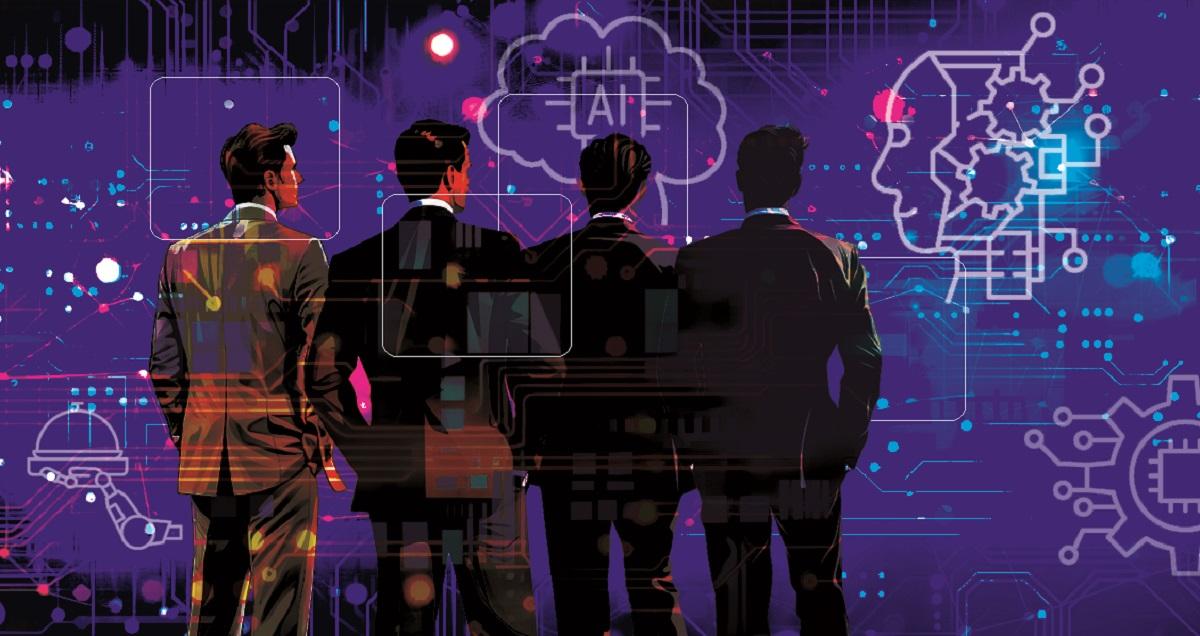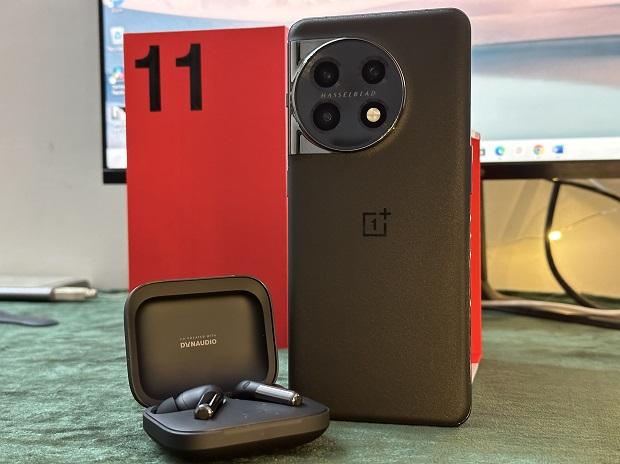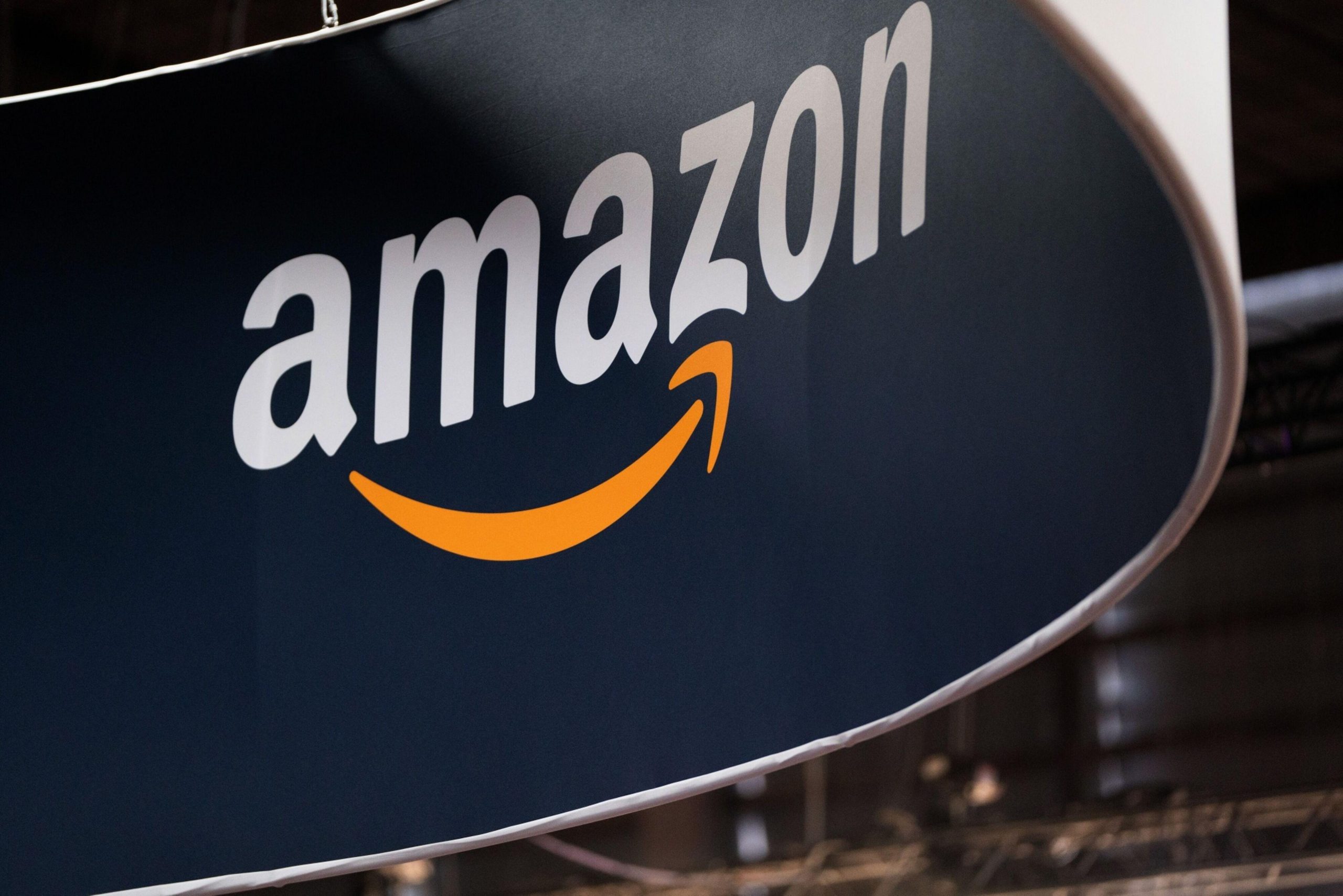By Cade Metz, Karen Weise, Nico Grant & Mike Isaac
Elon Musk celebrated his 44th birthday in July 2015 at a three-day party thrown by his wife at a California wine country resort dotted with cabins.
This was years before Twitter became X and Tesla had a profitable year. Larry Page, a party guest, was still the chief executive of Google. And artificial intelligence (AI) had pierced the public consciousness only a few years before, when it was used to identify cats on YouTube — with 16 percent accuracy. AI was the big topic of conversation back then. The tone soon turned contentious as the two debated whether AI would ultimately elevate humanity or destroy it.
As the discussion stretched into the chilly hours, it grew intense. Page described his vision of a digital utopia in a whisper. Humans would eventually merge with artificially intelligent machines, he said. One day there would be many kinds of intelligence competing for resources, and the best would win. If that happens, Musk said, we’re doomed. The machines will destroy humanity.
With a rasp of frustration, Page insisted his utopia should be pursued. Finally he called Musk a “specieist,” a person who favors humans over the digital life-forms of the future. That insult, Musk said later, was “the last straw.”
But eight years later, the argument between the two men seems prescient. The question of whether AI will elevate the world or destroy it — or at least inflict grave damage — has framed an ongoing debate. That debate has pitted some of the world’s richest men against one another: Musk, Page, Mark Zuckerberg of Meta, the tech investor Peter Thiel, Satya Nadella of Microsoft and Sam Altman of OpenAI. All have fought for a piece of the business — which one day could be worth trillions of dollars — and the power to shape it. At the heart of this competition is a brain-stretching paradox. The people who say they are most worried about AI are among the most determined to create it and enjoy its riches. They have justified their ambition with their strong belief that they alone can keep AI from endangering Earth.
Musk and Page stopped speaking soon after the party that summer. A few weeks later, Musk dined with Sam Altman, who was then running a tech incubator, and several researchers in a private room at the Rosewood hotel in Menlo Park, a favored deal-making spot close to the venture capital offices of Sand Hill Road. That dinner led to the creation of OpenAI later in the year. Backed by hundreds of millions of dollars from Musk and other funders, the lab promised to protect the world from Page’s vision. OpenAI is valued at more than $80 billion, though Musk and Altman’s partnership didn’t make it. The two have since stopped speaking.
“There is disagreement, mistrust, egos,” Altman said. “The closer people are to being pointed in the same direction, the more contentious the disagreements are. You see this in sects and religious orders. There are bitter fights between the closest people.”
Last month, that infighting came to OpenAI’s boardroom. Rebel board members tried to force out Altman because, they believed, they could no longer trust him to build AI that would benefit humanity. Over five chaotic days OpenAI looked as if it were going to fall apart, until the board — pressured by giant investors and employees who threatened to follow Altman out the door — backed down. The drama inside OpenAI gave the world its first glimpse of the bitter feuds among those who will determine the future of AI. But years before OpenAI’s near meltdown, there was a little-publicised but ferocious competition in Silicon Valley for control of the technology that is now quickly reshaping the world.
©2023 The New York Times News Service
Note:- (Not all news on the site expresses the point of view of the site, but we transmit this news automatically and translate it through programmatic technology on the site and not from a human editor. The content is auto-generated from a syndicated feed.))



